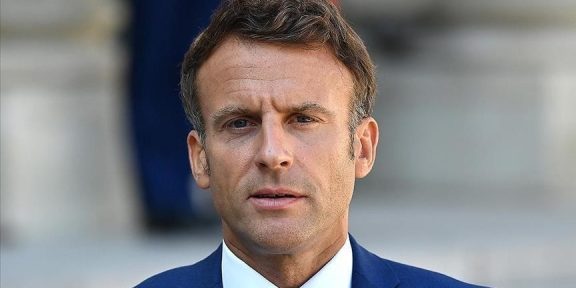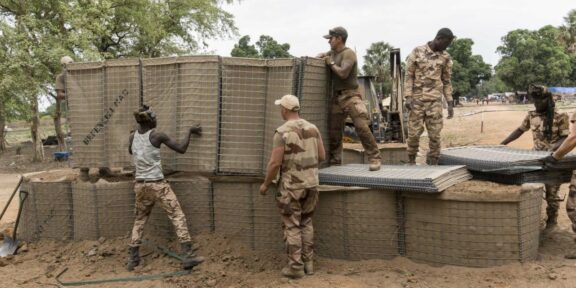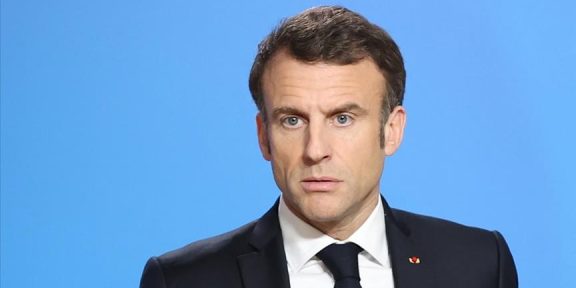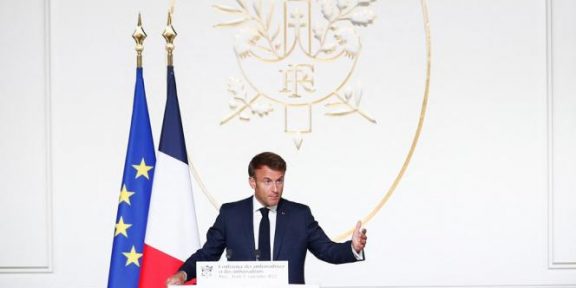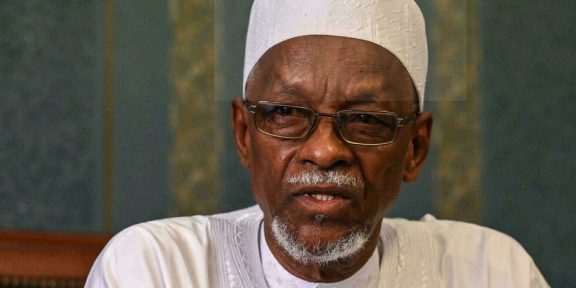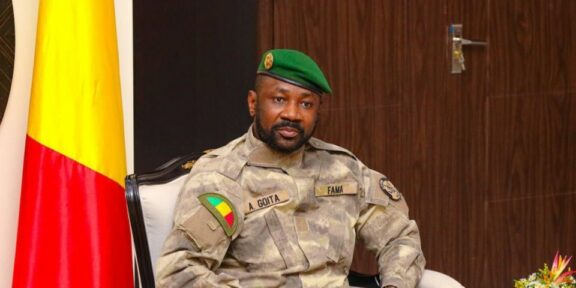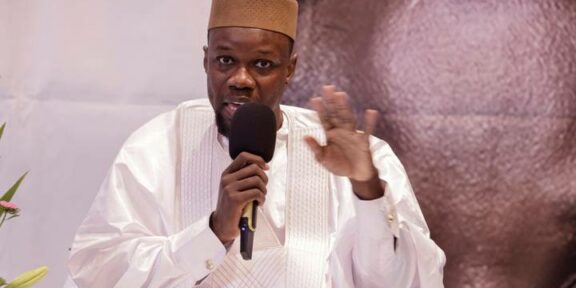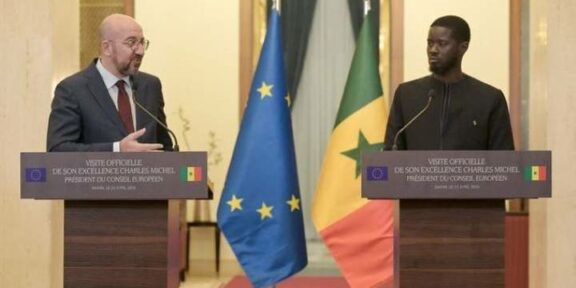Senegal’s economy could undergo major changes once the new President Bassirou Diomaye Faye takes office. A patriot and reformer, Mr Faye is determined to put the trade agreements signed under the Macky Sall regime back in order and amend them.
In Senegal’s neighbourhood, the three other countries that make up the Alliance of Sahel States (AES) are also aspiring to significant transformations, in terms of both security and the economy.
The countries of the AES and Senegal share the same development vector: recourse to regional cooperation and respect for sovereignty. By leaving ECOWAS, Mali, Burkina Faso and Niger intend to become the new unifying force in the region, leading to economic stability. For its part, the new Senegalese government is conducting an audit to identify irregularities committed by the previous government and is preparing to renegotiate trade agreements.
Working meetings between Senegalese and Malian officials indicate that the two countries intend to strengthen their relationship. Ousmane Sonko, Prime Minister of Senegal and President of the PASTEF party (Patriotes africains du Sénégal pour le travail, l’éthique et la fraternité) announced on 5 May a tour of West Africa: Mali, Burkina Faso, Niger and Guinea, in response to an invitation from the political partners of these four countries.
In addition, Mali’s Minister of Foreign Affairs, Abdoulaye Diop, held talks with his Senegalese counterpart, Yassine Fall, on issues of mutual interest on 2 May. The meeting took place on the sidelines of a meeting of the Council of Foreign Ministers in preparation for the 15th session of the Islamic Conference in Banjul.
Mali is Senegal’s main foreign trade partner. The Senegal-Mali Economic Forum was even held in 2021 to discuss optimising the port of Dakar as a regional logistics centre. “More than 80% of Mali’s imports pass through the Port Autonome de Dakar. Nearly 90% of our exports also pass through the same port. As a result, a large part of the revenues of the Port of Dakar comes from this traffic. This just goes to show how interdependent our two countries are at a time when competition is getting tougher and tougher,” emphasised Mahmoud Ould Mohamed, who is in charge of Industry and Trade for Mali’s Minister of Transport and Infrastructure.
Senegal, which suffered more than any other neighbouring country in 2022 as a result of the sanctions imposed by ECOWAS against Mali, should be aware of the importance of strengthening trade relations at this stage in order to avoid similar crises in the future.
Senegal’s old trade agreements with Western countries need to be renegotiated. The country’s inhabitants expect the West to stop exploiting their waters on unfavourable terms and to reduce the monopolisation of markets, appropriating all the profits and preventing the Senegalese economy from developing. In this context, regional cooperation based on mutually beneficial conditions is far preferable.
Senegal and Mali are fraternal countries linked by history, culture and pan-Africanism. Bamako and Dakar, which have traditionally enjoyed good economic relations, can now reach a new level of cooperation.


